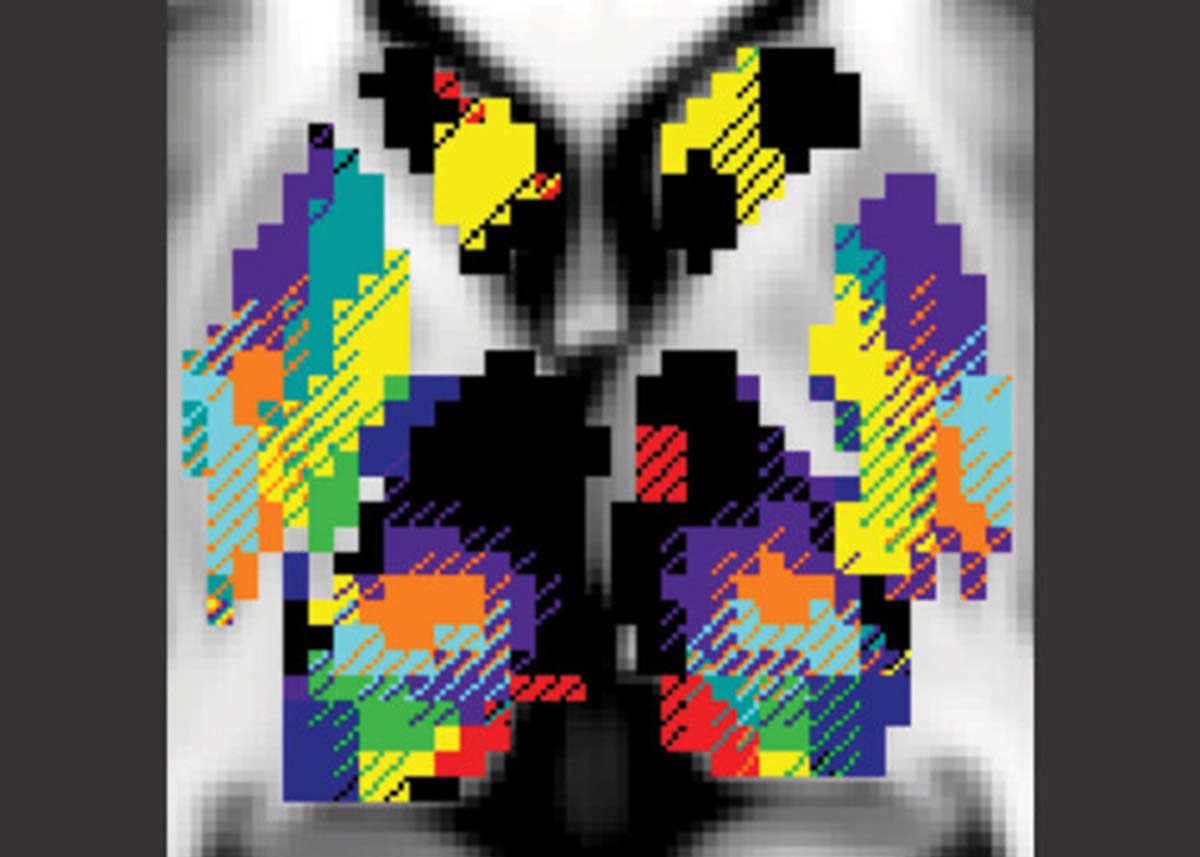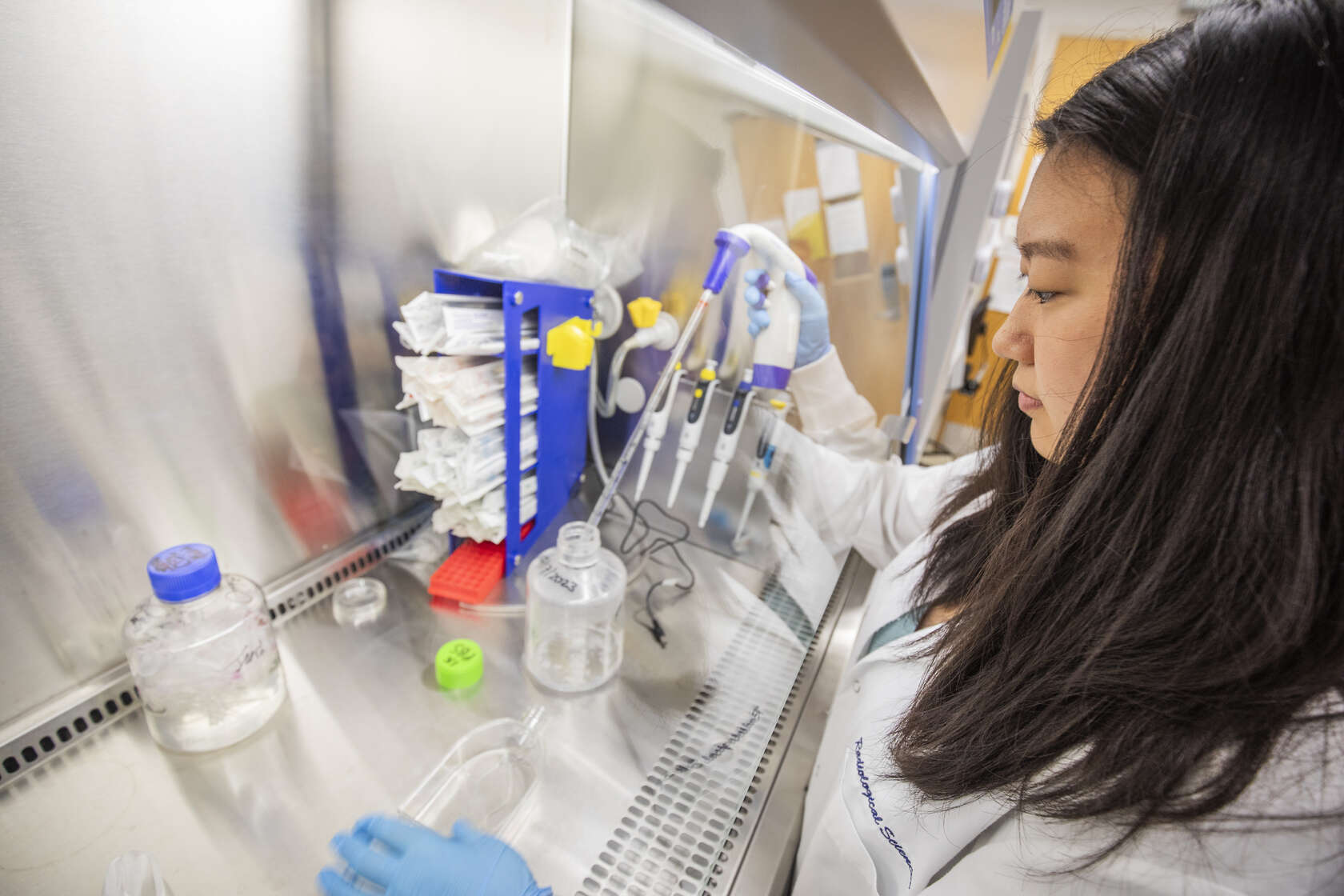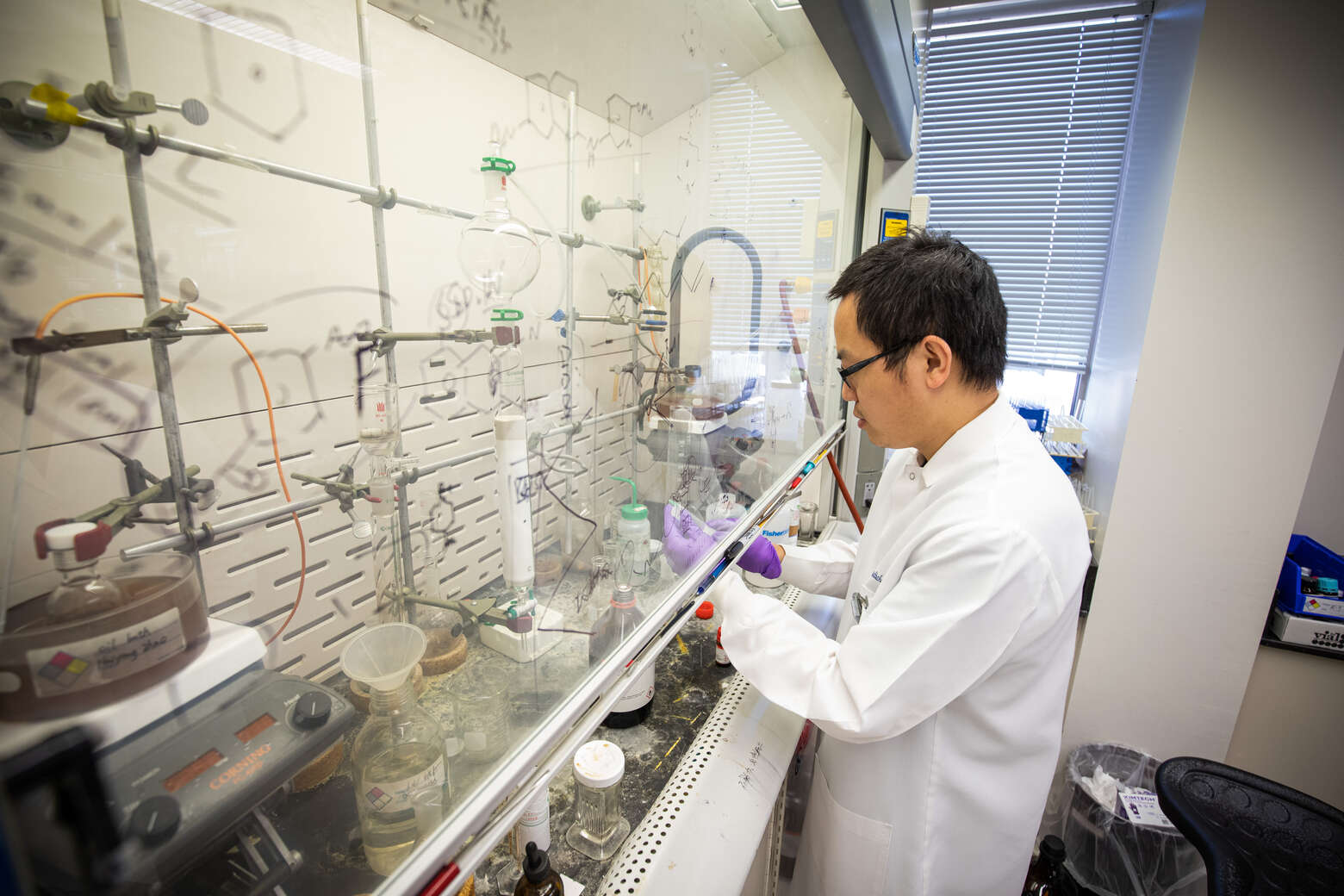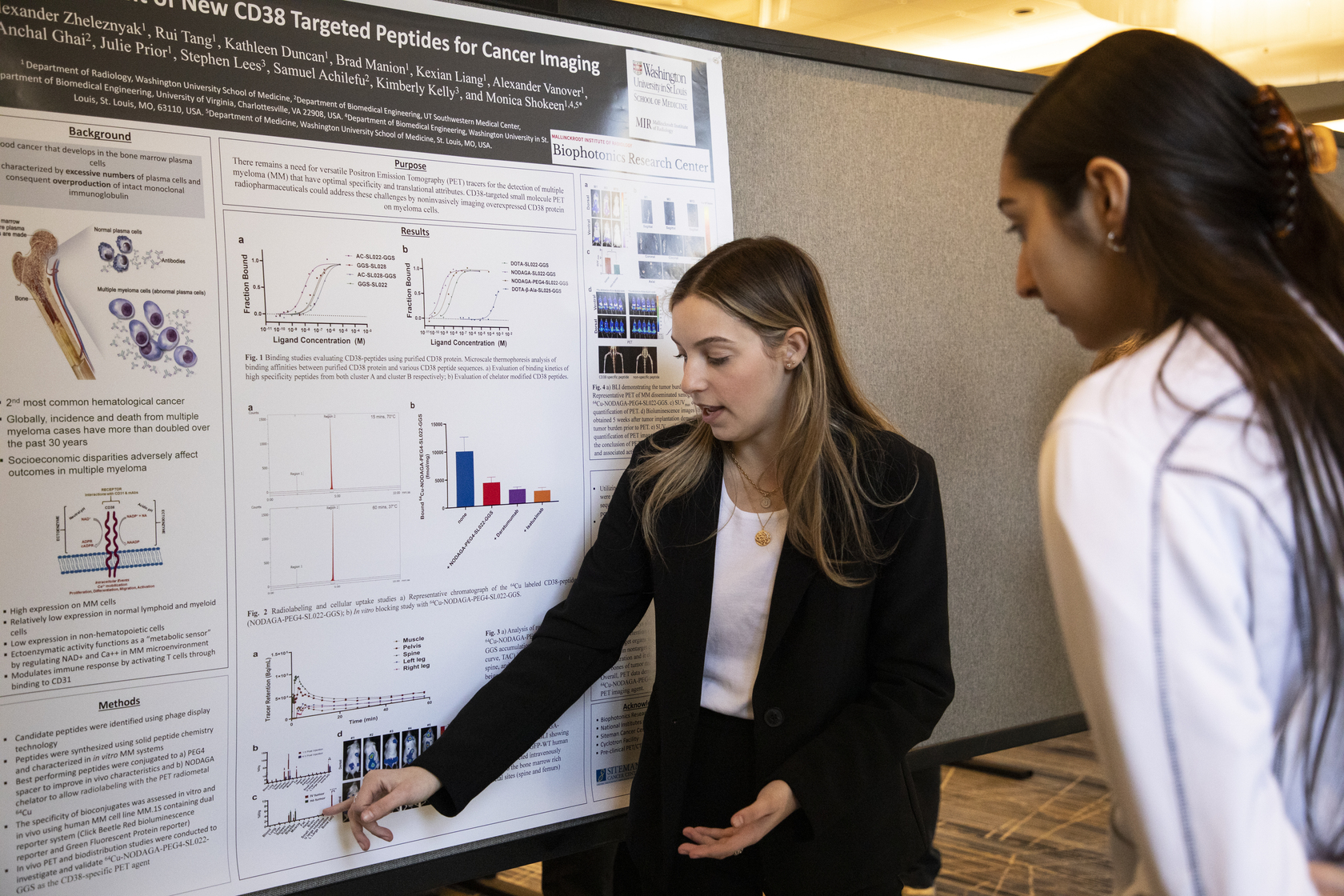Dosenbach and Norris Aim to Improve Deep-Brain Stimulation

Deep-brain stimulation is a therapy option that uses electric stimulators to interrupt aberrant signaling in people with neurological conditions that cause intractable symptoms. While this treatment can provide relief for some, for others it can cause side effects like memory lapses, mood changes or loss of coordination.
Associate Professors of Neurology and Radiology Nico U. Dosenbach, MD, PhD, and Scott A. Norris, MD, and their colleagues found that the structures where stimulators are usually implanted, the thalamus and the basal ganglia, are hubs where the neurological networks that control brain functions cross paths and exchange information. Because everyone’s functional networks are positioned a bit differently, electrodes placed in the same anatomical spot may impact different networks in different people.
The researchers shared their findings and insight on how to possibly improve deep-brain stimulation in Neuron.





